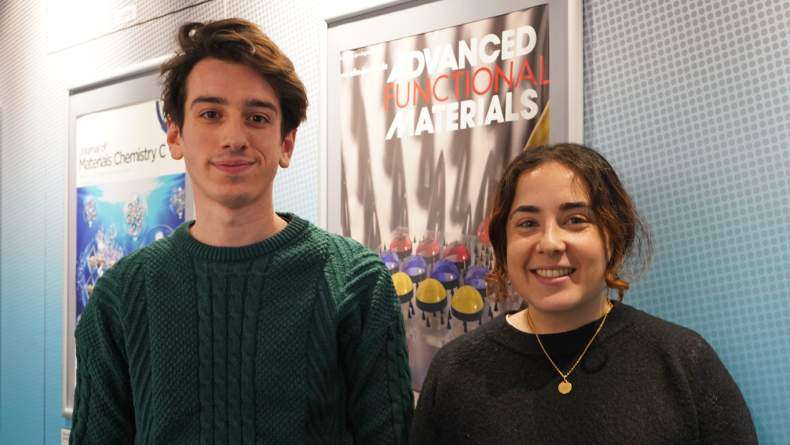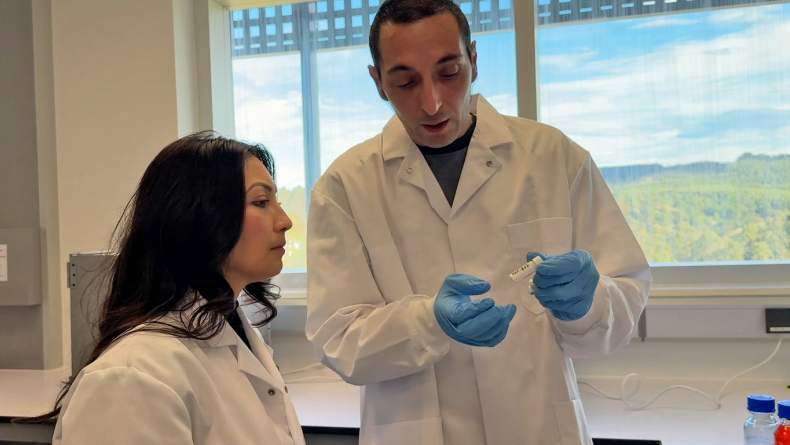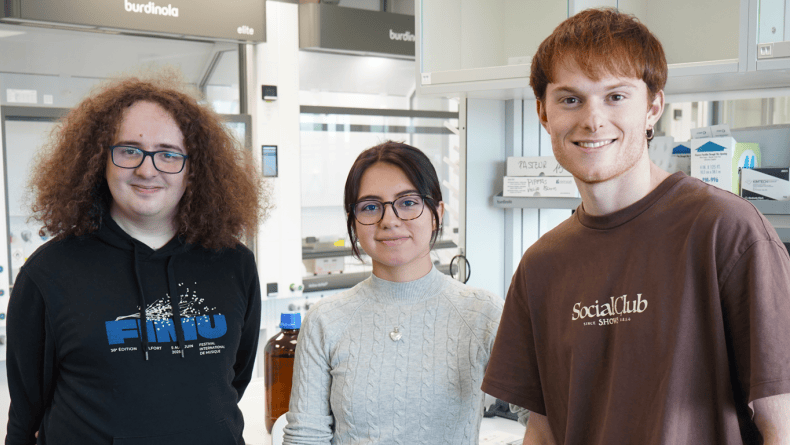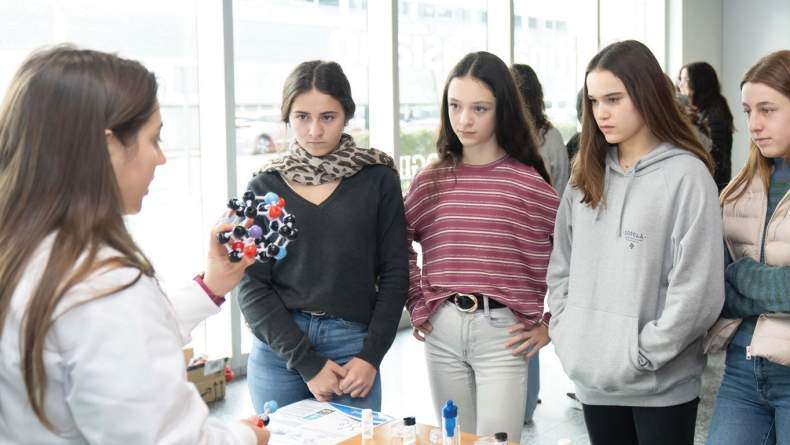BCMaterials Fortnightly Seminar #87 David Gandía

DAVID GANDÍA
(BCMATERIALS)
Remotely controlled magnetotactic bacteria as biological microrobots
Magnetotactic bacteria are a group of bacteria that live in aquatic systems and swim along the Earth’s magnetic field lines thanks to the chain of magnetic nanoparticles (called magnetosomes) that they biomineralize in their interior, which acts as a magnetic sensor. In addition, these bacteria detect hypoxic regions where they prefer to survive. We want to take advantage of the magnetic and oxygen sensing of the magnetotactic bacteria in order to develop biological nanorobots capable of targeting and killing cancer cells in a controlled and highly efficient way, by releasing anticancer drugs and heat in the tumour area. The research includes the magnetic and structural characterization of magnetotactic bacteria, the study of their movement under applied magnetic fields and oxygen gradients in a microfluidic chip fabricated by photolithography, and the design and implementation of a workstation to monitor, guide, and heat up the bacteria, aimed at assessing the suitability of magnetotactic bacteria as potential cancer therapy agents.
Related news
Sara Martín and Stefano Lunghi Join BCMaterials as New Researchers
BCMaterials is pleased to welcome two new members to its research team: Sara Martín Iglesias, a postdoctoral researcher in the Active and Smart Materials research line, and Stefano Lunghi, a…Nanomaterials for Water Remediation and Valorization
Scientific staff at BCMaterials are developing next-generation nanomaterials combined with naturally sourced polymer membranes for water decontamination and reuse. These advanced materials not only…Three New Resarchers Join BCMaterials
The new year has brought BCMaterials the arrival of three new young scientists to our staff. They are the pre-doctoral researchers Karen Cano and Mikel Russo, along with the post-doctoral researcher…BCMaterials Activities at Emakumeak Zientzian (Women in Science)
This year marks the 10th anniversary of the Emakumeak Zientzian (Women in Science) initiative, which brings together more than 30 Basque organizations (universities, research centers, companies…) to…



